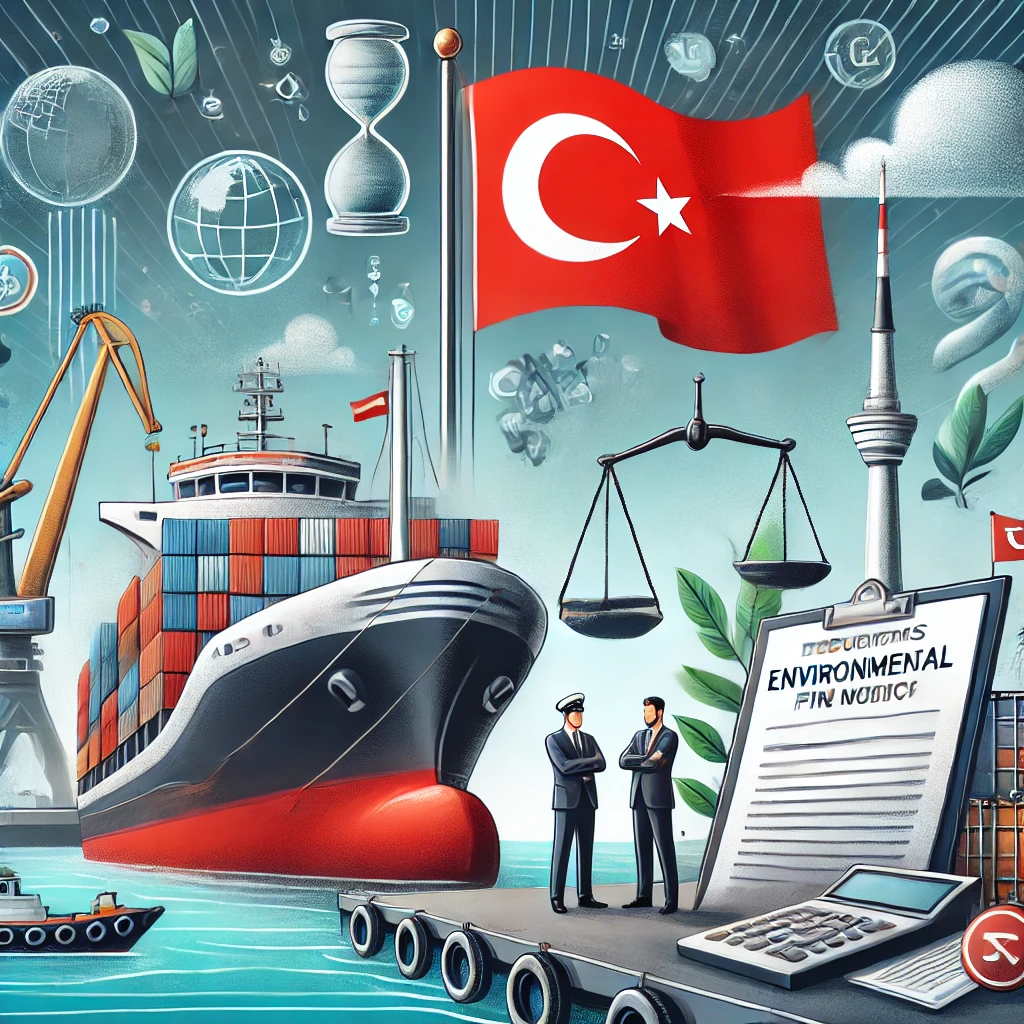Introduction
Turkey’s geographical location, connecting Europe and Asia, makes it a key player in international maritime trade. Ports such as Istanbul, Izmir, and Mersin are hubs for global shipping routes. However, foreign shipowners operating in Turkish waters or ports may encounter various legal disputes under Turkish maritime law, including issues related to contracts, port regulations, and environmental compliance. This article explores the key legal challenges faced by foreign shipowners and the legal frameworks governing dispute resolution in Turkey.
I. Legal Framework Governing Maritime Trade in Turkey
Turkish maritime law is primarily governed by:
- Turkish Commercial Code (No. 6102), which incorporates maritime regulations.
- International Conventions to which Turkey is a party, such as the International Maritime Organization (IMO) conventions.
- Port Regulations and Customs Laws, which outline procedures and rules for foreign vessels docking in Turkish ports.
These regulations aim to ensure safe, efficient, and legally compliant maritime operations, but foreign shipowners often face challenges due to differences in local and international practices.
II. Common Legal Disputes Faced by Foreign Shipowners in Turkey
1. Charterparty Disputes
- Charterparty agreements govern the use of ships, specifying responsibilities for shipowners and charterers.
- Disputes arise when parties disagree over demurrage, laytime, or cargo damage.
- Foreign shipowners may find it challenging to enforce arbitration clauses or secure compensation in Turkey.
2. Port State Control and Detention of Ships
- Turkish port authorities conduct Port State Control (PSC) inspections to ensure compliance with safety and environmental regulations.
- Ships failing to meet standards may be detained, resulting in financial losses for foreign owners. Disputes often occur regarding the legality of such detentions.
3. Collision and Salvage Disputes
- Collisions in Turkish waters or ports lead to legal proceedings, where courts determine liability and compensation.
- Disputes also arise in cases of salvage operations, especially over the amount of compensation claimed by salvors under Turkish law and international salvage conventions.
4. Environmental Liability and Fines
- Turkey imposes strict environmental regulations on ships, including penalties for oil spills and illegal waste discharge.
- Foreign shipowners often contest the magnitude of fines imposed by Turkish authorities or challenge the findings of pollution inspections.
5. Crew Employment and Labor Disputes
- Disputes related to crew employment contracts fall under both Turkish labor laws and international maritime labor conventions.
- Foreign shipowners may face claims for unpaid wages or wrongful dismissal, which can lead to administrative penalties in Turkish ports.
III. Dispute Resolution Mechanisms for Foreign Shipowners
1. Arbitration and Mediation
- Many maritime disputes involve arbitration, particularly for charterparty and cargo claims.
- Turkey is a party to the New York Convention on the Recognition and Enforcement of Foreign Arbitral Awards, facilitating the enforcement of foreign arbitration awards.
- Mediation is also available under Turkish Commercial Law, providing an efficient alternative to litigation.
2. Litigation in Turkish Courts
- Disputes not resolved through arbitration or mediation are referred to Turkish commercial courts.
- Turkish courts follow international maritime conventions but may apply domestic law in areas such as environmental fines or labor disputes.
3. Administrative Appeals and Fines
- Foreign shipowners can appeal administrative fines imposed by port authorities through Turkish courts. However, these appeals must comply with strict procedural deadlines.
4. Ship Arrest as a Remedy
- In certain disputes, Turkish law allows the arrest of vessels as security for claims.
- Foreign shipowners may challenge the legality of arrests, arguing improper jurisdiction or lack of sufficient grounds.
IV. Recommendations for Foreign Shipowners
- Negotiate Clear Charterparty Agreements:
- Ensure that charterparty contracts contain clear terms on laytime, demurrage, and dispute resolution to avoid misunderstandings.
- Comply with Port and Environmental Regulations:
- Foreign shipowners should familiarize themselves with Turkish port regulations and environmental laws to avoid fines and ship detention.
- Consider Arbitration for Dispute Resolution:
- Use arbitration clauses in agreements to benefit from faster and more enforceable outcomes compared to litigation.
- Maintain Proper Documentation for Claims and Appeals:
- Properly document ship operations, environmental compliance, and crew employment terms to strengthen legal defenses in disputes.
- Work with Local Legal Counsel:
- Engage Turkish maritime lawyers to navigate the complexities of local regulations and improve the chances of successful dispute resolution.
V. Conclusion
Foreign shipowners operating in Turkey face a variety of legal disputes, from charterparty disagreements to environmental fines and port detentions. While Turkey offers an extensive legal framework aligned with international maritime conventions, foreign shipowners must navigate local laws and administrative procedures effectively. By negotiating robust contracts, complying with regulations, and leveraging arbitration, shipowners can mitigate risks and ensure smooth maritime operations in Turkish waters.
The evolving nature of Turkey’s maritime trade laws and port regulations highlights the need for continuous awareness and professional legal support to resolve disputes efficiently and maintain successful operations.

Yanıt yok